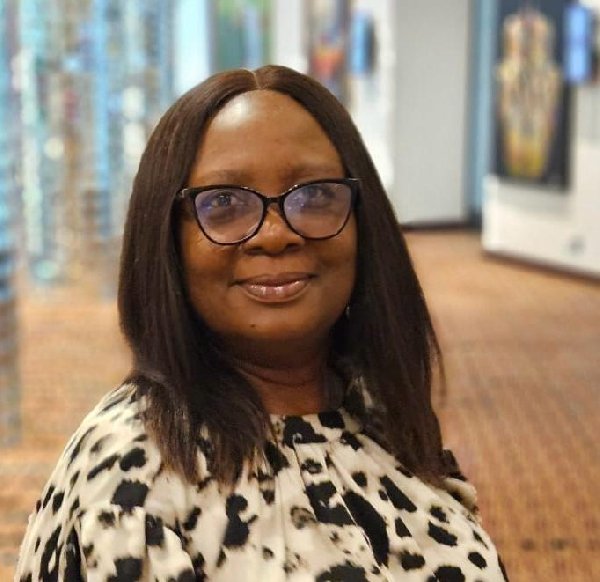Director of the Climate Financing Division in Ghana’s Ministry of Finance, Mrs. Phyllis Adwoa Fraikue, has underscored the country’s bold aspirations to secure climate finance despite ongoing global economic challenges.
At a side event titled “Finance Day” during the ongoing COP29 in Baku, Azerbaijan, under the theme “Collaborative Pathways to Green Growth: Revolutionizing Climate Finance in a World of Fiscal Challenges,” Mrs. Fraikue highlighted the pressing need for climate-resilient development in a post-COVID-19 world.
She emphasized Ghana’s commitment to tackling climate risks while maintaining fiscal discipline and reiterated the importance of the newly created Climate Financing Division.
According to Mrs. Fraikue, this division plays a vital role in Ghana’s Climate Prosperity Plan, which aligns the nation’s development agenda with global climate objectives and aims to draw both public and private sector investments for sustainable green growth.
“The division’s vision,” Mrs. Fraikue emphasized, “is to foster a sustainable financial ecosystem that will drive low-carbon development, enhance resilience, and position Ghana as a model for climate finance.”
Amidst Ghana’s ongoing fiscal struggles, worsened by global economic disruptions since 2022, Mrs. Phyllis Adwoa Fraikue, Director of the Climate Financing Division in the Ministry of Finance, highlighted the need for innovative financial solutions like debt-for-climate and debt-for-nature swaps.
During her address at the “Finance Day” side event at COP29 in Baku, Azerbaijan, she introduced the Finance Ministry’s newly developed Ghana Green Finance Taxonomy, a strategic framework designed to channel investments into environmentally sustainable projects, positioning Ghana as a leader in green finance across the region.
Mrs. Fraikue emphasized that through these new tools and targeted sector-based incentives, Ghana aims to unlock private sector capital for low-carbon growth while simultaneously easing the strain on the national debt.
In closing, she called for stronger partnerships, greater transparency, and enhanced accountability in the management of climate finance, to ensure the protection of both natural resources and the country’s infrastructure.
“Let us seize this moment to foster collaboration, leverage innovation, and build a sustainable future for all,” she urged.
She mentioned that the Ministry of Finance has been actively working with stakeholders to foster stronger financial and technical collaborations aligned with the Nationally Determined Contributions.
The event highlighted Ghana’s dedication to securing climate finance resources and underscored its cooperative strategy to enhance resilience and promote sustainable development.
The Finance Day at COP29 is anticipated to spark continued dialogue on innovative financial solutions and the future of climate finance, especially in the context of global fiscal challenges.

